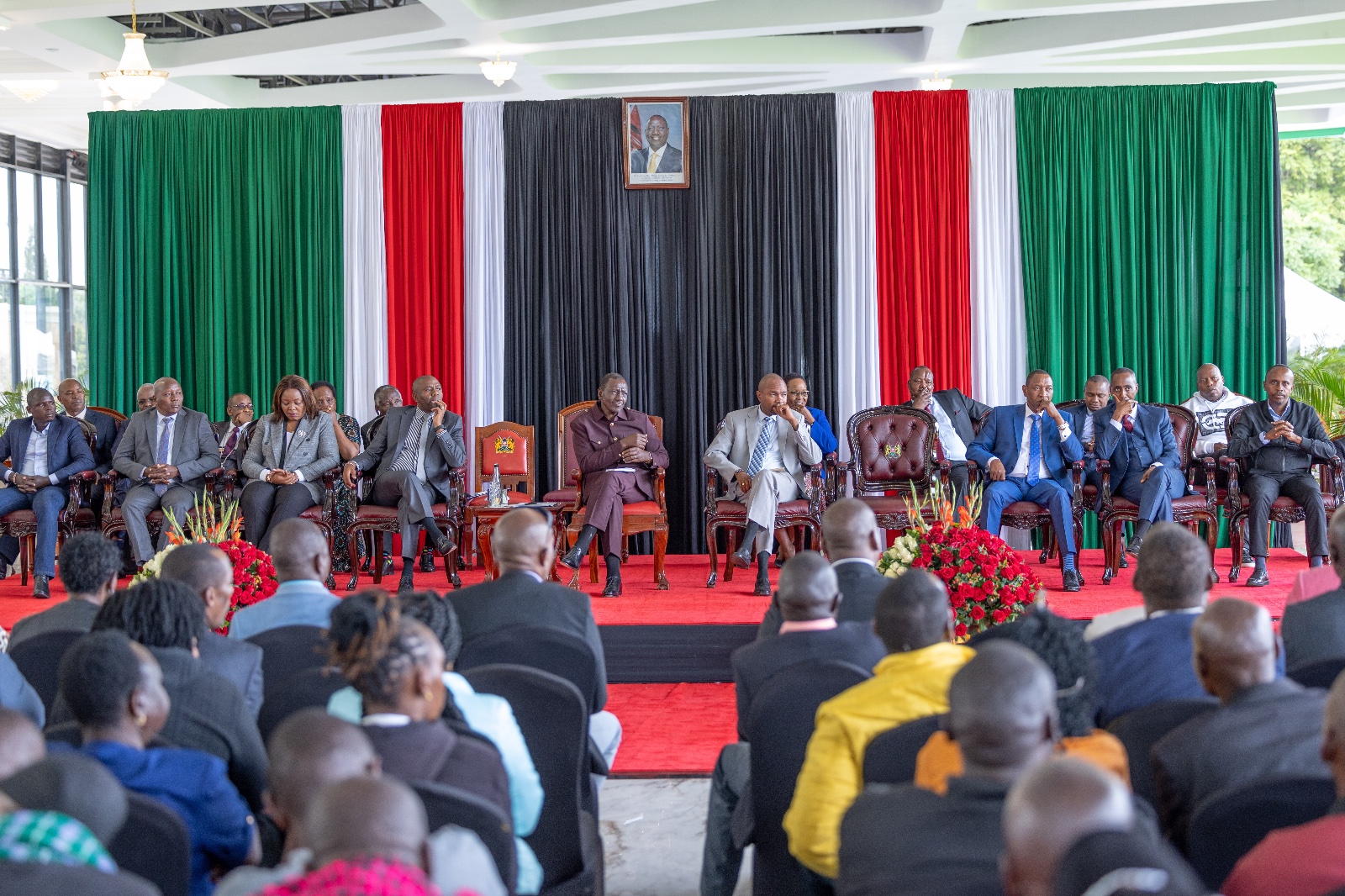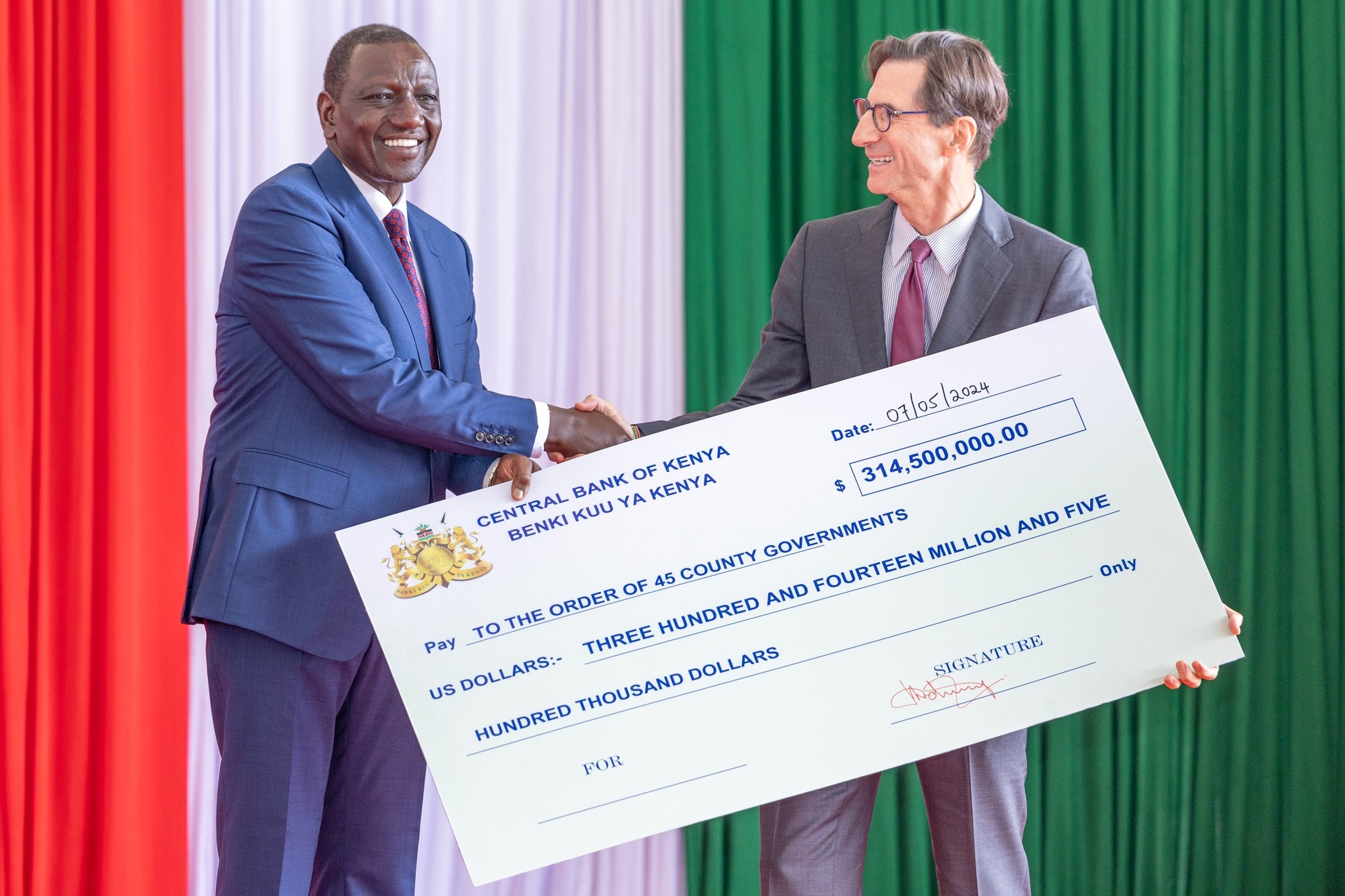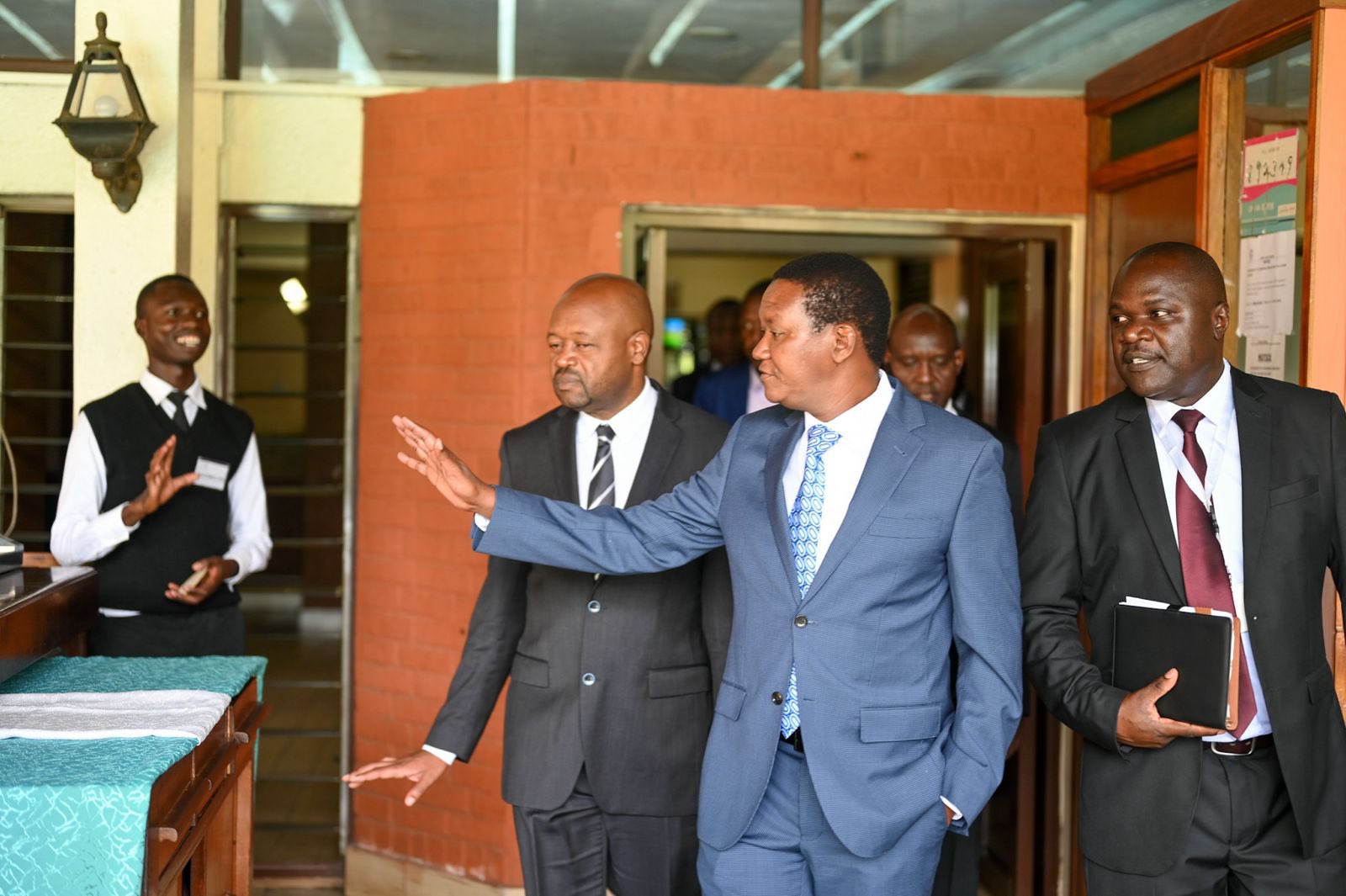
President Ruto’s government is taking significant steps to realize its ambitious vision for socio-economic empowerment and inclusive prosperity through the Bottom-Up Economic Transformation Agenda (BETA). This strategic agenda focuses on increasing investments in five key sectors with the potential to profoundly impact the economy and the well-being of households.
These sectors include agricultural transformation, support for Micro, Small, and Medium Enterprises (MSMEs), housing and settlements, healthcare, the digital superhighway, and the creative industry.
Central to the successful execution of this agenda is the pivotal role played by National Government Administration Officers (NGAOs), who serve as the government’s grassroots representatives and the first point of contact with citizens.
To ensure the effective implementation of the government’s objectives, the Ministry of Interior and National Administration (MINA) has embarked on a comprehensive reorientation program for NGAOs across the nation. Principal Secretary for Internal Security and National Administration, Dr. Raymond Omollo, has stressed the importance of strengthening NGAOs’ capacity to deliver efficient, timely, and responsive services to the public.
PS Omollo emphasized the need for NGAOs to engage stakeholders at the devolved units, conduct regular public participation events for National Government projects and programs, and enhance transparency and accountability in addressing peace, security, and climate change issues.
The ongoing budget hearing process for the Financial Year 2024/25 and the Medium-Term Budget is central to the BETA’s implementation. This process, which began on October 30, promotes inclusivity, equity, and local ownership of the country’s development and prosperity. For the first time, these budget preparation hearings are taking place in counties, expanding beyond Nairobi.
NGAOs are playing a crucial role in this process by informing the public about priority programs and projects across government sectors, thus encouraging greater citizen engagement. Their role in advancing the government’s agenda is pivotal in realizing a prosperous and empowered Kenya.
The public is given the opportunity to assess ongoing projects and review previous budget allocations and actual expenditures. So far, 17 counties have conducted public participation events, involving various stakeholders, and the process is ongoing. This approach is integral to ensuring the transparency and effectiveness of government initiatives as Kenya pursues a brighter and more inclusive future.






